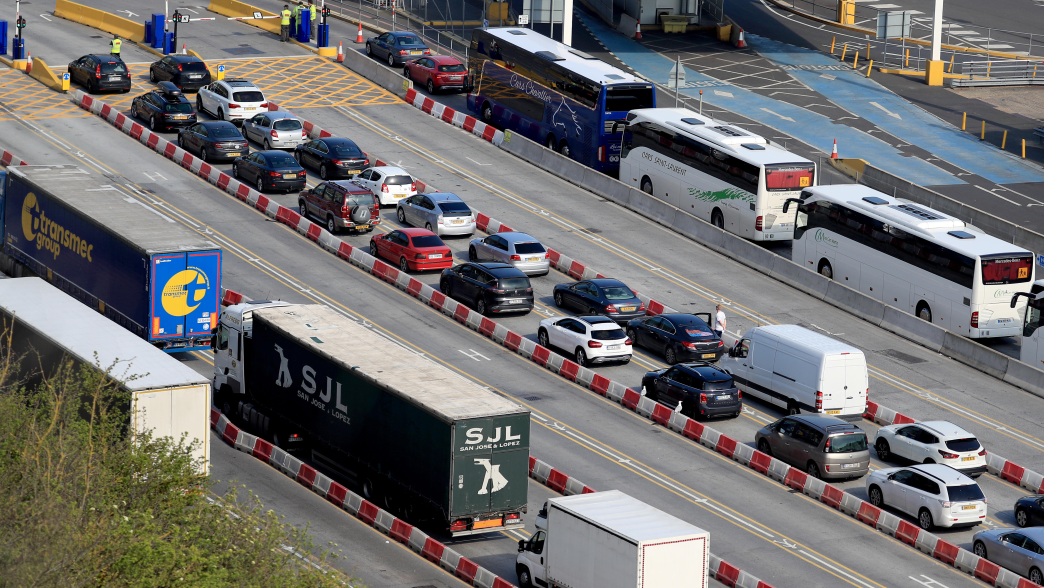Brexit means borders – as coach travellers at Dover are discovering
Jill Rutter argues taking back control of our borders is why British travellers now face hold ups at Dover.

While taking back control of our borders was one of the most totemic slogans of the Brexit campaign, Jill Rutter argues that is why British travellers now face hold ups at Dover